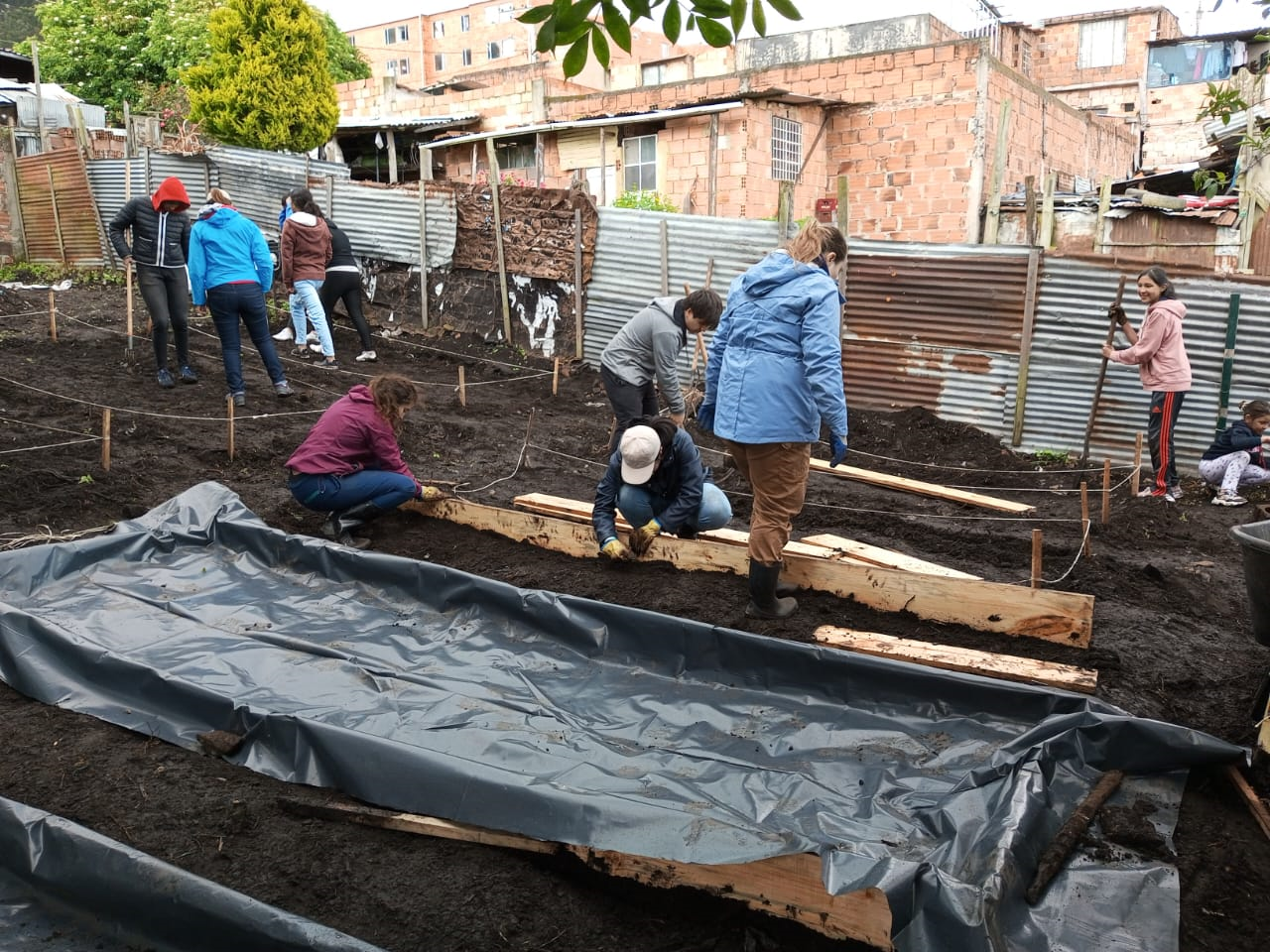The Nuestra Señora del Milagro Orphanage is a non-profit household that does not have government or other support, only donations from people from the community each year when they can. In this home, the sisters receive girls in boarding school who come from dysfunctional homes, are neglected, and are morally at risk, with behavioral, socio-family, and economic problems.
This project is a 2-phase project to improve the quality of life for the girls while also teaching them about STEM. The 2-phases are composed as follows:
- Phase I: It rains constantly in the area where the orphanage is located, so the sisters collect rain in a makeshift tank to alleviate some of the need for water and save money with its collection. However, access to this resource is difficult, and the girls are forced to access the tank carrying heavy weights and partially lose it because it can only be used for cleaning. Therefore, a rainwater system is proposed, giving total use of this liquid for the management of the washing machines and its distribution for the girls’ sanitary batteries, generating the filtering and power necessary for its distribution through a rainwater aqueduct to be installed in the home.
- Phase II: Design, construction, and training of an agricultural environment for vegetables and aromatics, to generate learning spaces for them, environmental management of crops, and fulfill basic hunger needs, providing girls with this type of food and easing the economic situation.
The team was granted $7,800 from EPICS in IEEE to complete the 2-phase project.

